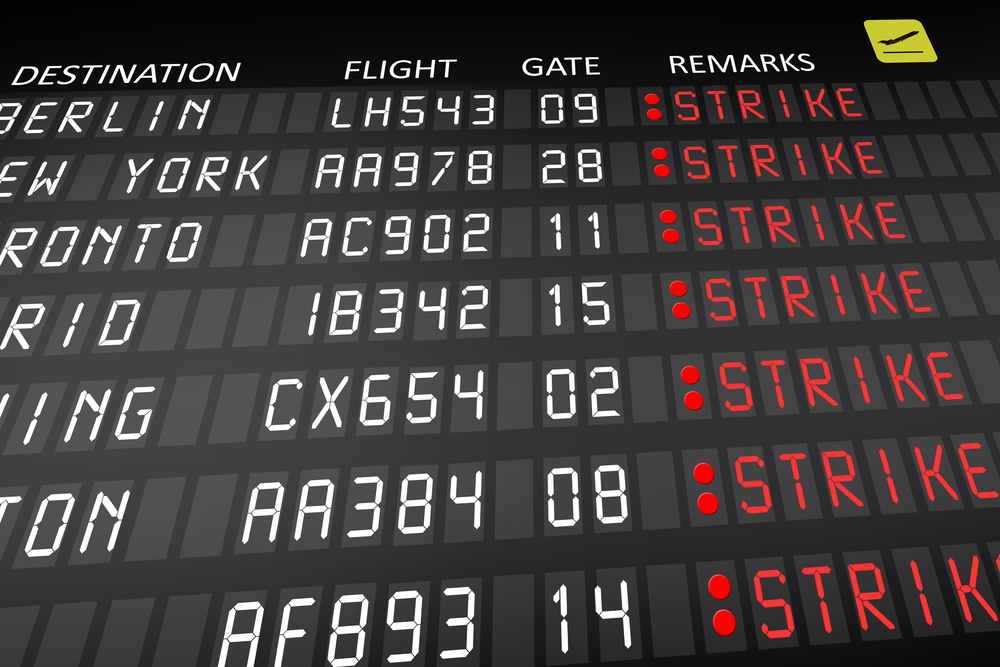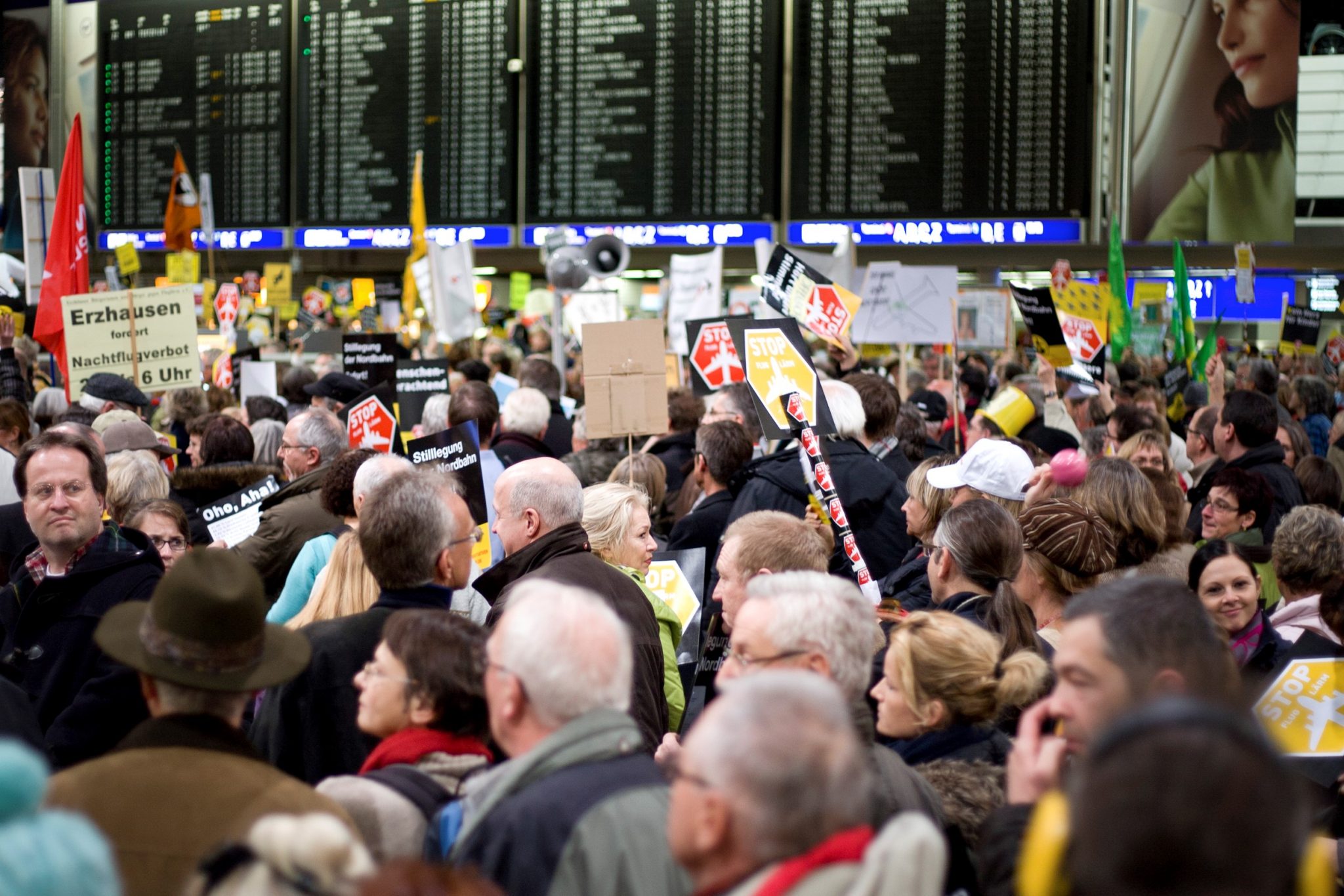In the battle between airlines, looking to save as much money as possible and the worker’s unions who fight for better pay and conditions, there’s one group of employees who seem to do better than the rest. And that’s the people who fly the planes – the Captains and First Officers.
It’s an issue which has garnered a fair amount of attention recently. Europe’s largest airline, Ryanair was forced to cancel thousands of flights in the last few weeks in a bid to fix a mess up with the rostering of pilots annual leave.
The debacle has shone a spotlight on the treatment of pilots at the budget carrier who consider themselves underpaid and overworked compared to many of their peers at rival airlines.
Ryanair doesn’t directly employ its flight crew – instead, they are classed as independent contractors and as such don’t receive the same kind of generous pay and perks their contemporaries receive. Nor do they have any formal union representation – a quirk of the Irish employment contracts they sign up to.
The rostering kerfuffle, however, has finally put the Ryanair pilots in the driver’s seat. Across some of the airline’s European bases, pilots have created informal organisations to make their voices heard. It’s created a situation which really shows who has the most control in the aviation industry.
Not a man to ever back down, Ryanair’s outspoken chief executive has done just that. In a desperate bid to stave off a pilot mutiny, Michael O’Leary has offered a generous bonus package to persuade his flight crew to stay at the airline. It’s accompanied by a wider reform package to bring the contracts of the budget carrier’s pilots in line with those of similar airline’s across Europe.
But this isn’t the happy ending you would think it is, argues Gediminas Ziemelis who heads Avia Solutions Group, one of the largest pilot training centres in Eastern Europe. Ziemelis argues pilots already have too much control and their greed for ever increasing salaries is putting an undue strain on airline’s trying to survive in today’s ultra-competitive landscape.

Ziemelis points the finger of blame at powerful pilot unions – both local and international who can afford expensive legal actions against airlines. It’s a self-fulfilling prophecy, with pilots already earning a high wage, able to contribute more in membership fee’s and in turn getting better representation at the negotiating table.
A case in point, Ziemelis notes is a six-day strike led by pilots at Lufthansa last year – the 15th such strike in little more than two years as a result of a bitter pay dispute. The cost to the airline is estimated at around €100 million.
Yet, this is a seller’s market. There’s a worldwide shortage of pilots so surely costs are driven up? Just look at Ryanair who by many accounts are facing an exodus of flight crew to low-cost rival, Norwegian – simply because they’re willing to pay more.
But Ziemelis argues it doesn’t have to be like this at all.
“One of the possible options – substitute pilots, who could get their training financed by airlines and then, in time of need, step in to replace their colleagues on strikes, save airlines millions of dollars and, most importantly, serve the needs of no longer frustrated passengers,” he says.
Rather than being a shortage of pilots, Ziemelis believes there are plenty of pilots in less well-off countries who would be more than capable of doing the job – at half the price. The only stumbling block is the ability to finance the expensive training.
Avia Solutions Group believes a group of between 350-500 trained substitute pilots could effectively prevent pilots from crippling an airline through strike action. Ziemelis explains: “It is simple math, really. In order to train the aforementioned number of substitute pilots, an airline would have to spend approx. €40 to 60 million ($ 50 to 70 million).”
Off course, it sounds like a nice idea for particularly aggressive airline’s but how well the plan would work in practice is not quite as clear-cut. The uproar amongst pilot groups if an airline tried to find this cadre of ‘substitute pilots’ would be a major issue. And then there’s the minefield of legal issues such a plan would dig up.
In the meantime, it looks like the power will remain in the hands of pilots. And for now, at least, airline’s will simply have to pay up.




